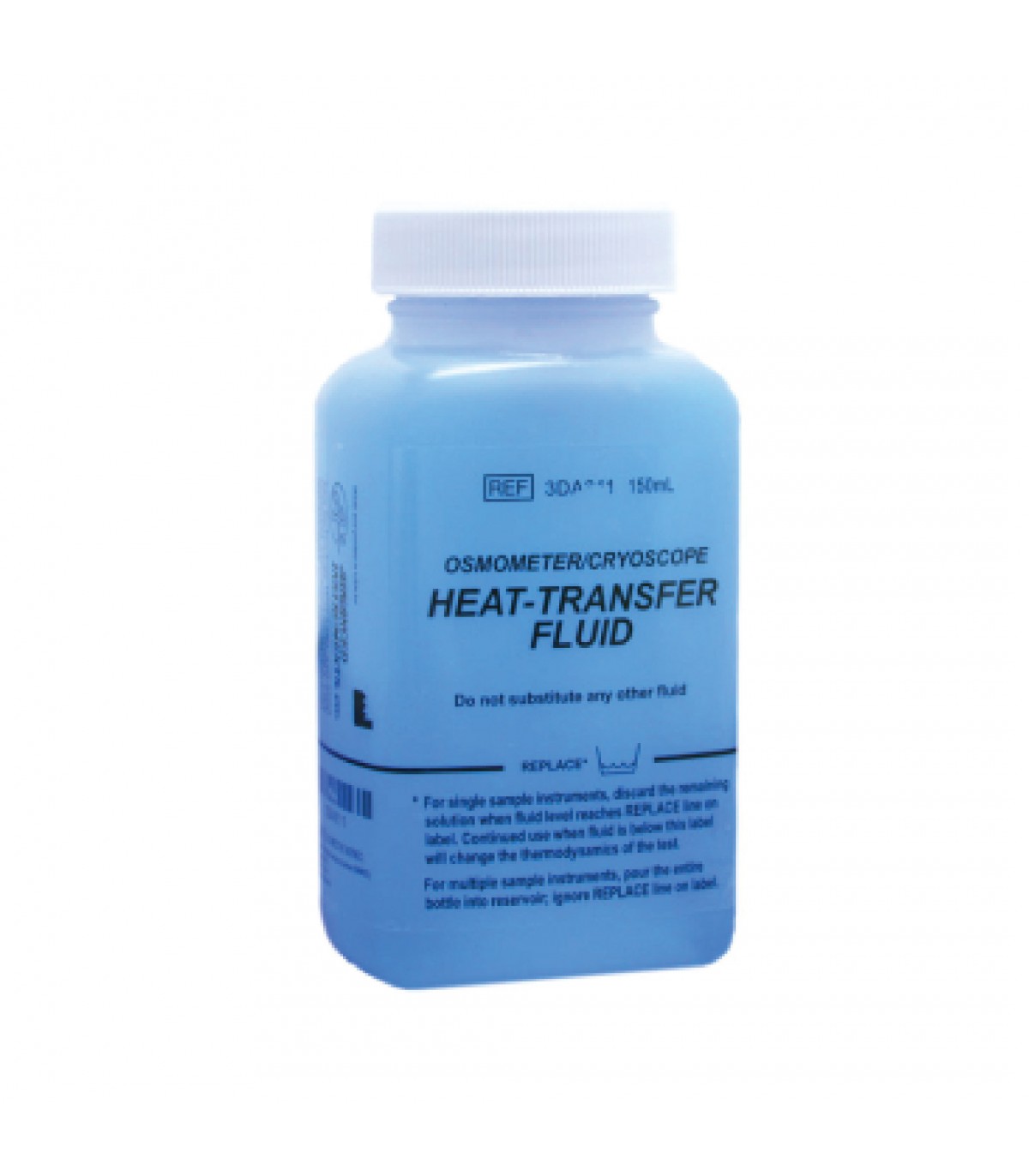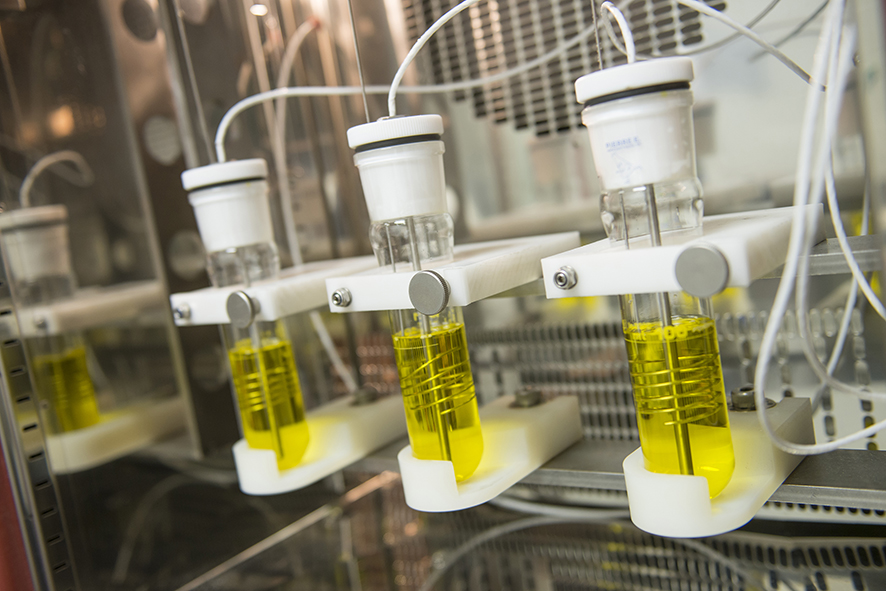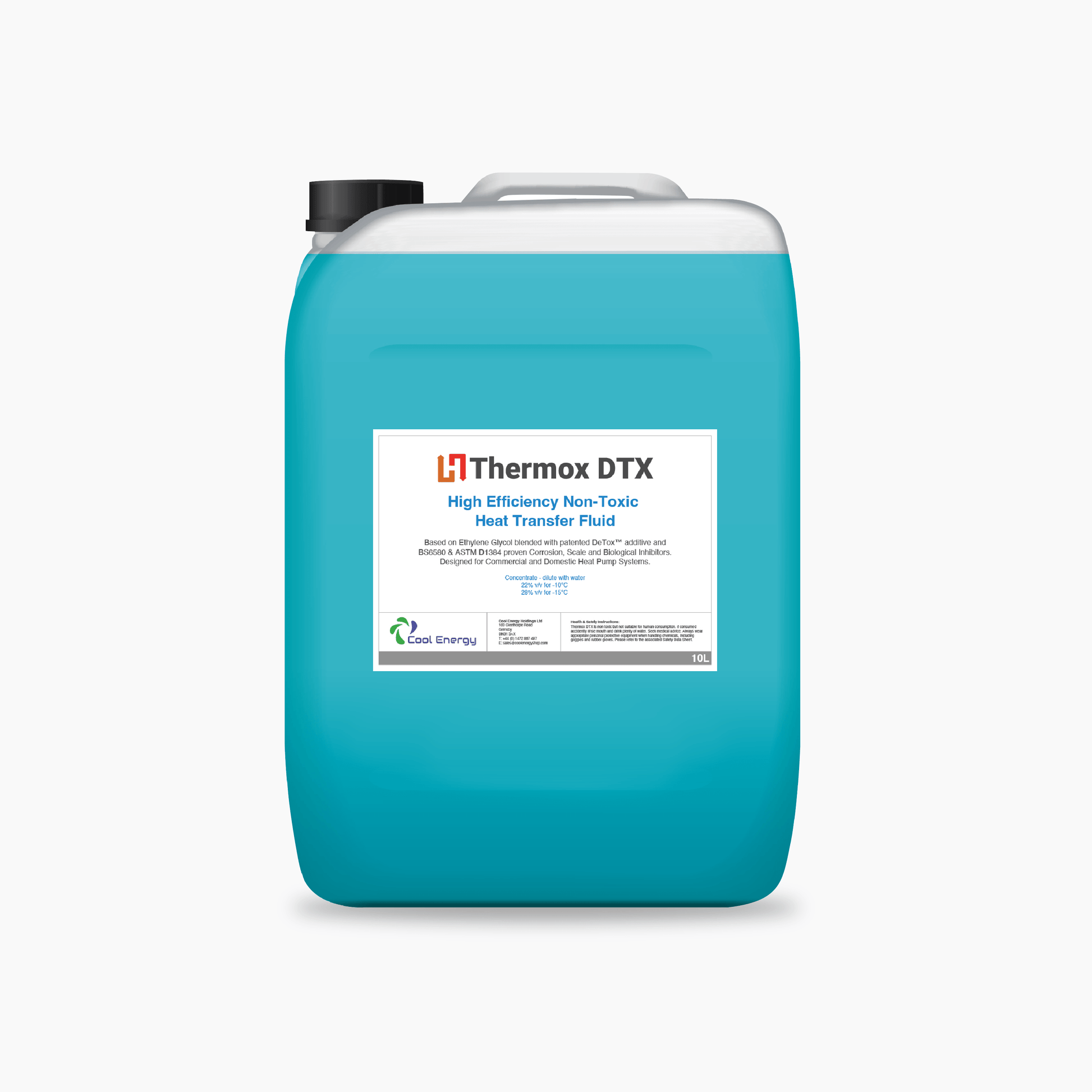Exactly How to Safely Take Care Of and Throw Away Used Heat Transfer Fluid
Exactly How to Safely Take Care Of and Throw Away Used Heat Transfer Fluid
Blog Article
Why Warmth Transfer Fluid Is Essential for Optimizing Energy Transfer in Equipment
The function of heat transfer fluids in enhancing energy transfer is essential for achieving effective thermal administration throughout various industrial industries. These liquids facilitate seamless warm exchange, ensuring processes operate within optimum temperature ranges and minimizing the threat of overheating.

Role in Thermal Administration
Warmth transfer liquids play a vital duty in thermal administration by successfully managing temperature levels in various industrial processes and systems. These specialized fluids promote the transfer of warm in between various elements, making certain optimal operating conditions and stopping getting too hot. By keeping precise temperature control, heat transfer fluids enable industries such as chemical manufacturing, oil and gas, and power generation to run securely and successfully.
The selection of a suitable heat transfer liquid depends upon numerous aspects, consisting of thermal security, heat capability, and thickness. High thermal security makes certain that the liquid can withstand extreme temperatures without weakening, while a high heat capability enables it to absorb and release substantial amounts of warmth - heat transfer fluid. Reduced viscosity reduces the energy required for pumping, adding to total system effectiveness
Furthermore, warmth transfer liquids are important in applications like refrigeration, where they aid take in and dissipate warmth throughout the cooling cycle. In solar thermal energy systems, these liquids capture and transportation solar warm to generate electrical energy or offer warm water. Their versatility to varied operating conditions and ability to preserve consistent thermal performance emphasize their importance in commercial thermal monitoring, assisting in functional continuity and boosting security actions.

Enhancing System Effectiveness
To optimize the benefits of thermal monitoring, improving system performance through the critical use of warm transfer liquids is paramount. By preserving optimum temperature levels, warm transfer liquids assist make certain that systems operate within their developed parameters, consequently avoiding getting too hot and reducing the threat of component failing.

Sorts Of Heat Transfer Liquids
The diversity of warm transfer liquids highlights their essential function in a series of commercial applications, each tailored to satisfy details thermal management requirements. These fluids promote efficient energy transfer and are picked based upon vital homes such as thermal security, viscosity, and warm capability. The main types include water, glycol solutions, article oils, and synthetics, each offering distinct advantages.
Water is the most usual warm transfer medium due to its high details warm capacity and reduced price. Mineral oils are favored for their thermal security and non-corrosive nature, making them ideal for high-temperature applications.

These fluids ensure premium efficiency in systems where conventional liquids might stop working. The choice of a warmth transfer fluid is crucial, as it influences system efficiency, safety and security, and durability.
Environmental and Economic Conveniences
Using the ideal warmth transfer liquids provides substantial environmental and financial benefits for commercial operations. Eco pleasant warm transfer liquids, frequently see this biodegradable and non-toxic, reduce the risk of dirt and water contamination in the event of leaks or spills, thus shielding ecosystems and abiding with stringent ecological laws.
Economically, the best heat transfer fluid can considerably lower operational expenses. Effective warm transfer reduces power expense, causing reduced energy costs and enhanced profitability. Fluids with extended lifecycle performance decrease the frequency of substitutes and maintenance, reducing downtime and linked prices. Investing in high-grade fluids can additionally mitigate the risk of tools corrosion and failure, avoiding expensive fixings and extending the lifespan of crucial infrastructure. In open markets, these savings and effectiveness offer a distinct benefit, allowing firms to assign resources much more efficiently and invest in further development. In general, the strategic use optimum warm transfer fluids supports sustainable financial development and ecological stewardship.
Picking the Right Liquid
Exactly how does one navigate the complicated procedure of selecting the best warmth transfer liquid for industrial applications? Thermal security guarantees the fluid can hold up against high temperature levels without deteriorating, while compatibility prevents deterioration or other harmful reactions with system elements.
Additionally, the you could look here liquid's heat capability and viscosity are critical. A high warmth capability permits the fluid to take in and transfer even more power, boosting efficiency. Ideal viscosity makes sure marginal pump job and reliable warmth transfer, especially in varying temperature levels. Environmental and safety aspects should also belong to the decision-making process. Non-toxic, biodegradable fluids reduce ecological impact and follow regulative criteria, decreasing obligation dangers.
Verdict
The calculated choice and application of heat transfer liquids are essential to optimizing power transfer throughout various systems. By guaranteeing high thermal stability and ability, these fluids provide exact temperature level control and improve general system efficiency.
Report this page